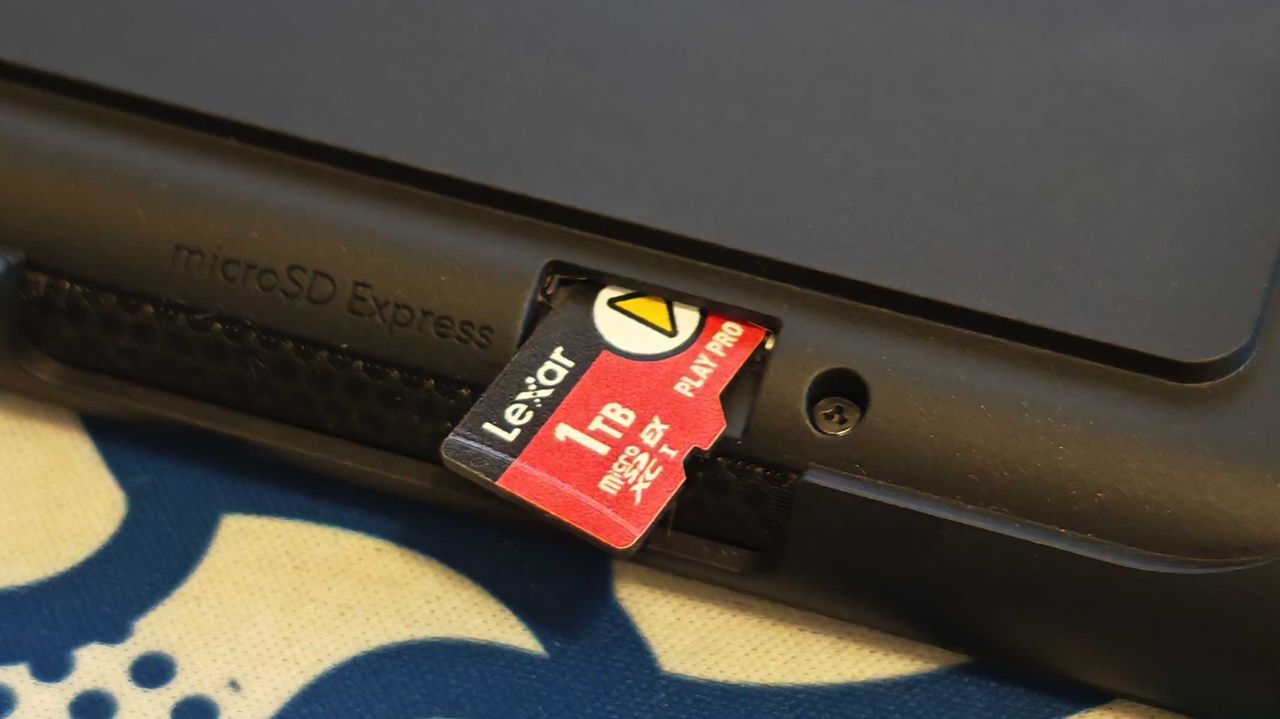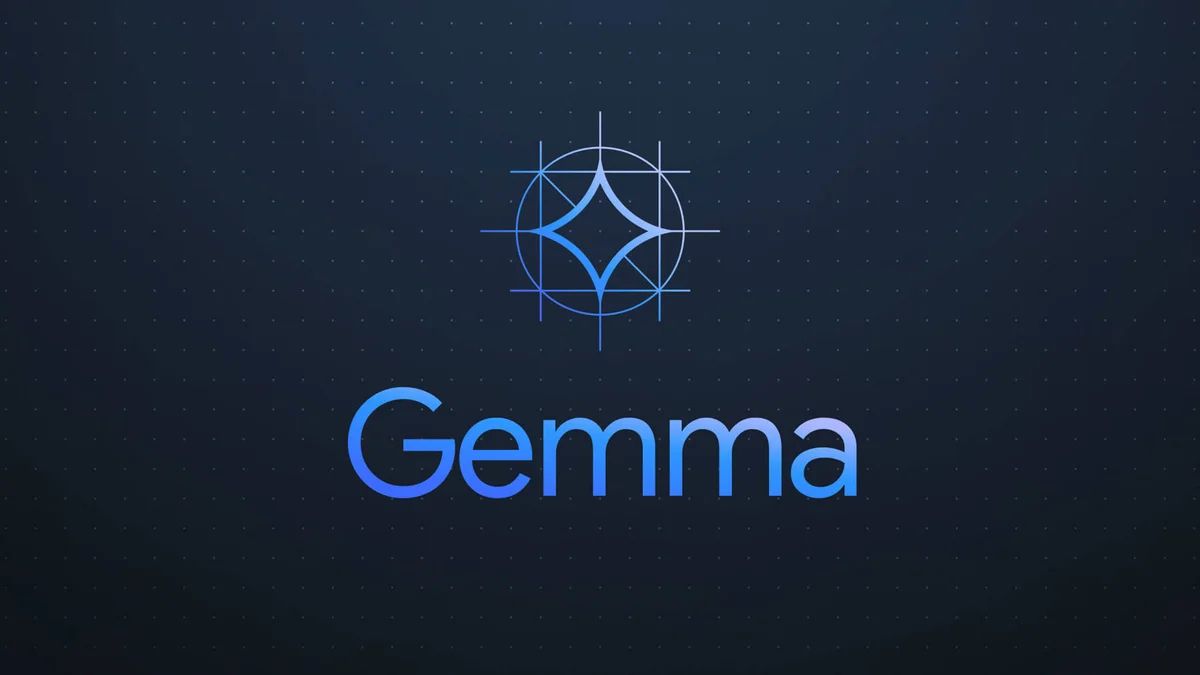

Europe’s fintech lenders are increasingly looking to work with defence companies as governments seek to encourage additional financing to the sector — but digital lenders will have to weigh up whether the risks outweigh the benefits.
Defence companies typically require more in-depth underwriting, management of conflicts of interest and a degree of comfort in supplying financing options to such a sensitive sector.
Some in the space have struggled to win the confidence of traditional banks, so policymakers are urging Europe’s fintechs to fill the funding gap.
Advertisement
UK fintech trade body Innovate Finance last month organised a roundtable attended by member of parliament Luke Charters so that lending fintechs such as OakNorth and Allica Bank could learn more about the barriers to lending faced by defence small and medium enterprises (SMEs).
The following week, the Financial Conduct Authority’s chief executive delivered a speech, asking UK lenders to step up defence financing. Similar initiatives are underway elsewhere in Europe.
Jordan Giuly, cofounder of French SME lender Defacto, tells Sifted the startup attended a March meeting set up by the French Ministry of Economy and Finance to discuss financing for the defence sector and present its go-to-market strategy.
“These are pretty hard companies to underwrite but potentially very prosperous ones,” says Giuly. “It’s a small part of our business today, but we really want to build a dedicated product offering and support to help those guys grow.”
Catalyst
There are a few big-picture reasons why we’re seeing lending fintechs opt to work with defence groups.
When Russia declared war on Ukraine, refinancing partners and private debt funds that supply Europe’s lending fintechs with capital began to alter their mindset on working with the defence industry.
“Up until Ukraine, it was very common to see defence categorically not permitted as a category we can lend to in documents from senior lenders, refinancing partners and private debt funds,” says Staüble. “That has significantly changed in the past few years.”
That was also a catalyst for governments to up their spending on defence and lobby lending fintechs to supply lending capital to defence SMEs, who are underserved by larger banks.
Since its founding in 2021, Defacto has financed over €1bn for 17k businesses with a primary focus on tech companies and freelancers.
Following a €16m funding round co-led by Citi Ventures and La Maison, the Paris-based lending startup wants to increase its lending volume tenfold, partly by working with defence companies and already has a “few hundred” clients in the sector.
Advertisement
Giuly declined to name its clients but mentioned it’s particularly keen on smaller defence companies lower down the supply chain and that operate as “dual” companies. For example, this could be a company selling helmets to both Formula 1 drivers and the military.
Big banks’ ability to lend to this segment can also be burdened by Environmental, Social and Governance (ESG) standards, a framework used to evaluate an organisation’s ethical impact beyond traditional financial metrics.
Laurent Hengesch, managing partner at Luxembourg-based IVC and an investor in Teylor, says digital lenders, on the other hand, can typically be more nimble.
“They basically fill the gaps of the banks that have all these ESG rules,” he says.
Challenges
Underwriting procedures for defence companies can be more complex, says Giuly, and they also require high data security standards.
Teylor’s Staüble, a former Swiss military sergeant, says while he’s personally open to working with defence companies, including those in more offensive territories such as missile providers, the fintech doesn’t work with them today.
“I don’t really have a problem with that,” he says. “But at the end of the day, it’s not my decision — if investors say maybe we’ll fund the defence industry but no offensive weapons, we’ll have to have that discussion.”
He says he’d have to negotiate with refinancing partners in lending vehicles established prior to Ukraine or establish an entirely new lending vehicle, which he expects would be given the go-ahead by backers, considering the current geopolitical situation.
There is also potential for conflicts of interest if you were to serve defence companies in multiple countries. Defacto only focuses on defence SMEs in France currently and an Allica Bank spokesperson told Sifted, it requires defence companies to provide services only to countries in NATO, the EU, the Crown Dependencies, Gibraltar, Australia, or New Zealand (or to UK military).
Some lenders, including Allica Bank, are ethically opposed to financing the more offensive corners of the industry.
A spokesperson said: “We do not support companies that manufacture any kind of offensive weapon that may cause harm, or who break any kind of international law or convention."
Still, it’s expected the links between fintech and defence will deepen in the coming months and years, given how governments are upping spending quotas to defence. Innovate Finance CEO Janine Hirt described October’s roundtable as “the start of a conversation between lenders and defence SMEs”.
Some believe it’s possible lenders might warm up to verticals in defence previously thought of as morally dubious.
“Obviously, you might not want to give money to someone who produces weapons where someone can get hurt,” says Alain Wildanger, Hengesch’s cofounding partner at IVC. “On the other hand, we have to defend ourselves right? So we better have something to defend ourselves with.”
.png)












